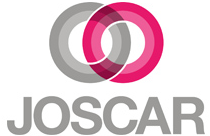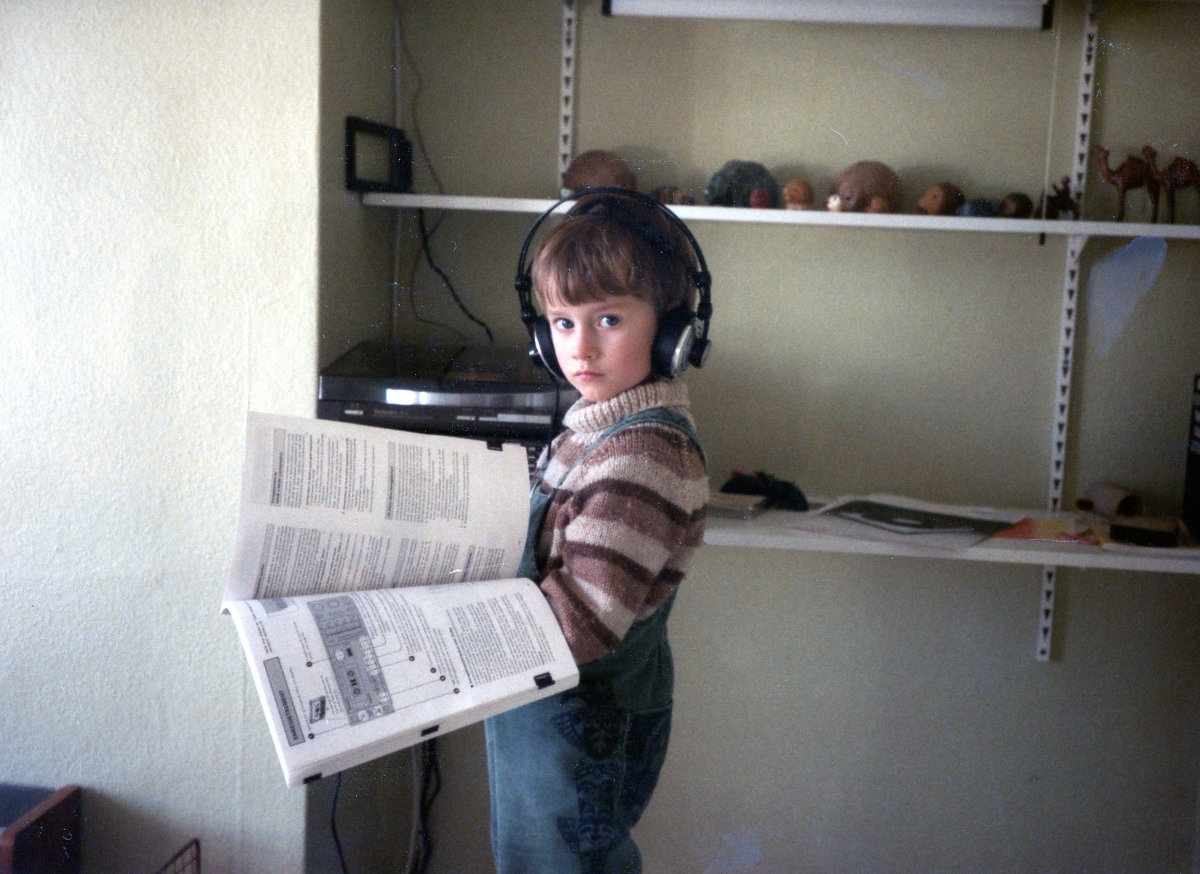
This is a photograph of our Chief executive, Andy Beverley, when he was four and a half. “The manual he is studying”, explains his dad Steve, “is for the Technics cassette, radio and record player behind him on the shelf. He was standing on a kitchen stool, so he would have carried it through from the kitchen so that he could investigate this machine further. He always wanted to understand how everything worked- especially if it was electrical, and that stool got a lot of use”.
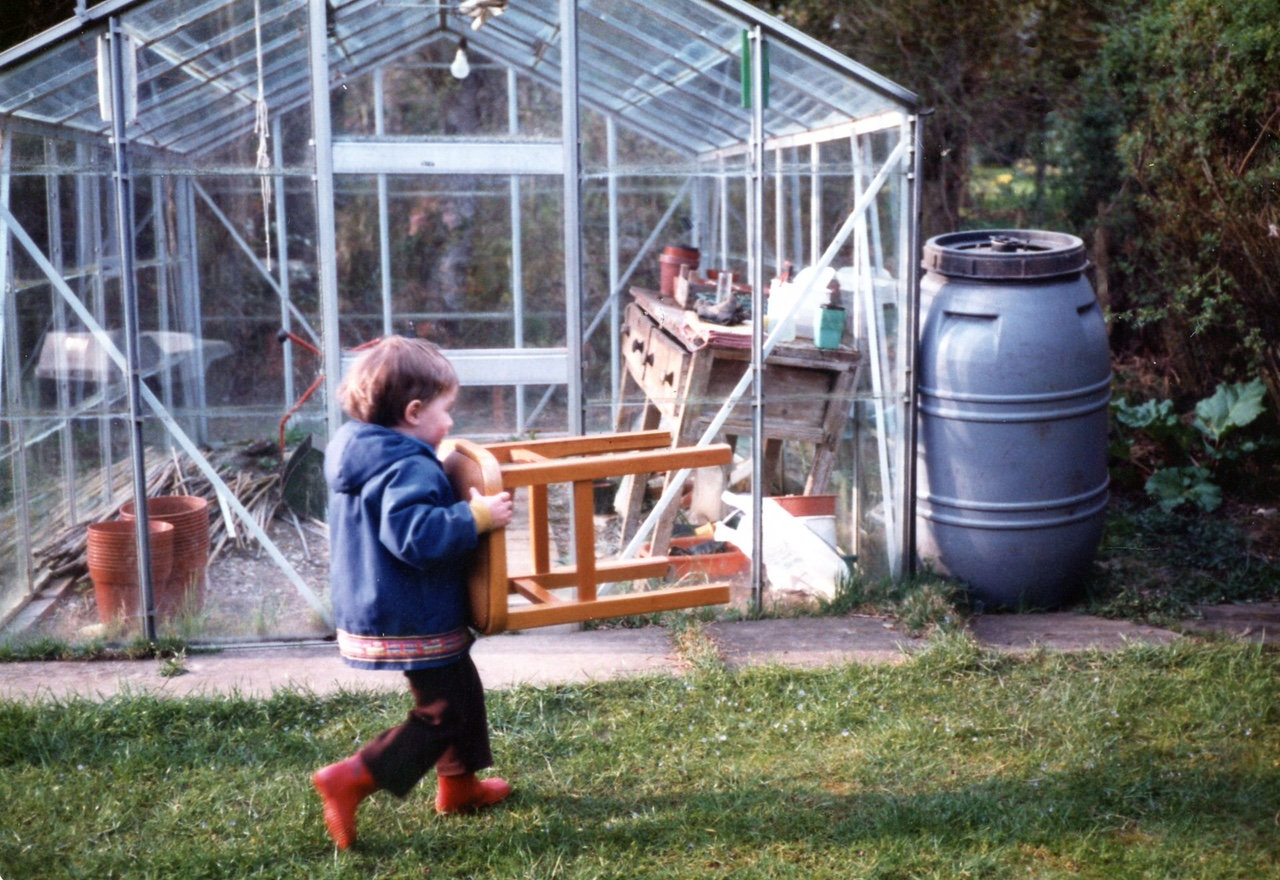
Andy with his stool, investigating things throughout the house and garden…
Andy’s dad Steve worked in the IT Department of Coventry Council, which was a big inspiration for Andy. “He always wore smart clothes, and I loved going in to his work” he says. “The server room was huge with fans and lots of whirring, it felt very exciting to me”. Steve could see his son’s passion was for computers, and would bring back a BBC Micro computer at the weekends. “Andy would do some programming on it – I didn’t show him how to do that by the way, but he learnt from somewhere”.
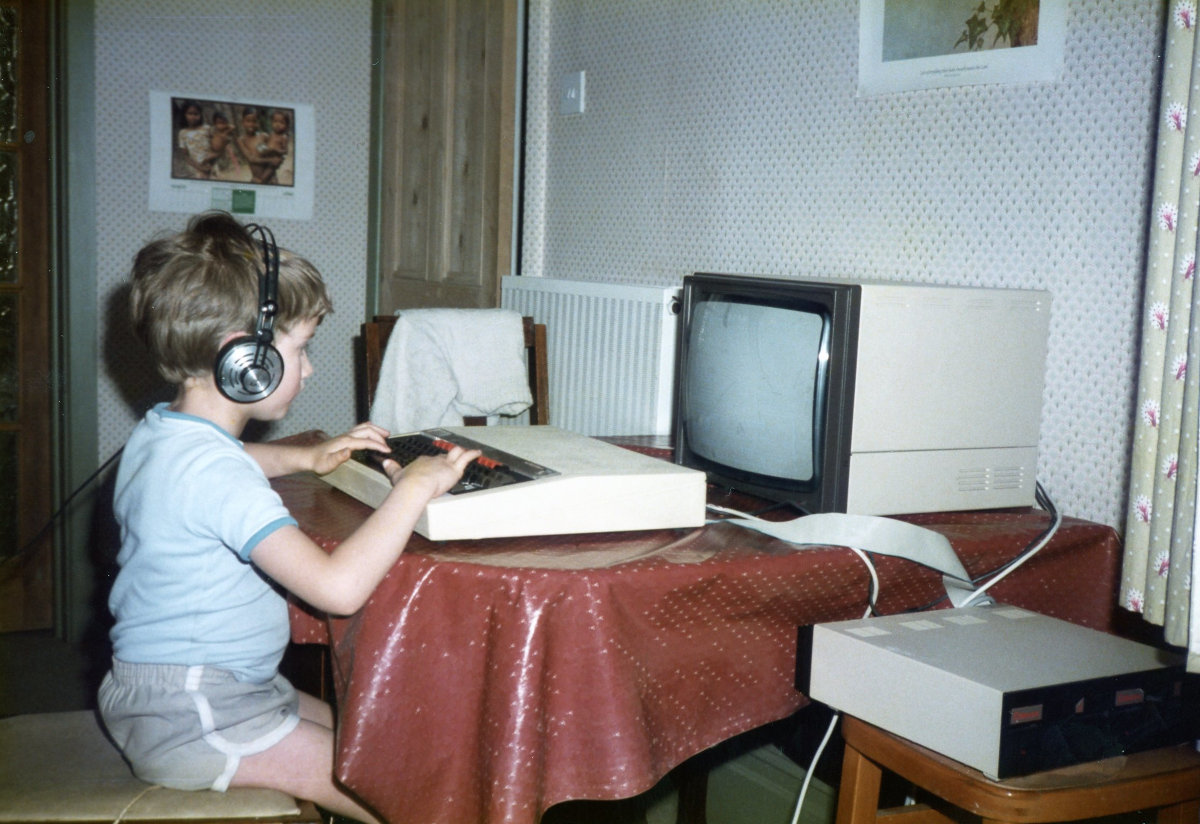
Andy with a BBC Micro computer (it was micro for 1984).
Andy set up his own little electronics company by the time he was eight, and gave out leaflets emblazoned with “Beverley Electronics”. He always dreamed of having his own company. So it’s no surprise to his family that he went on to set up Ctrl O.
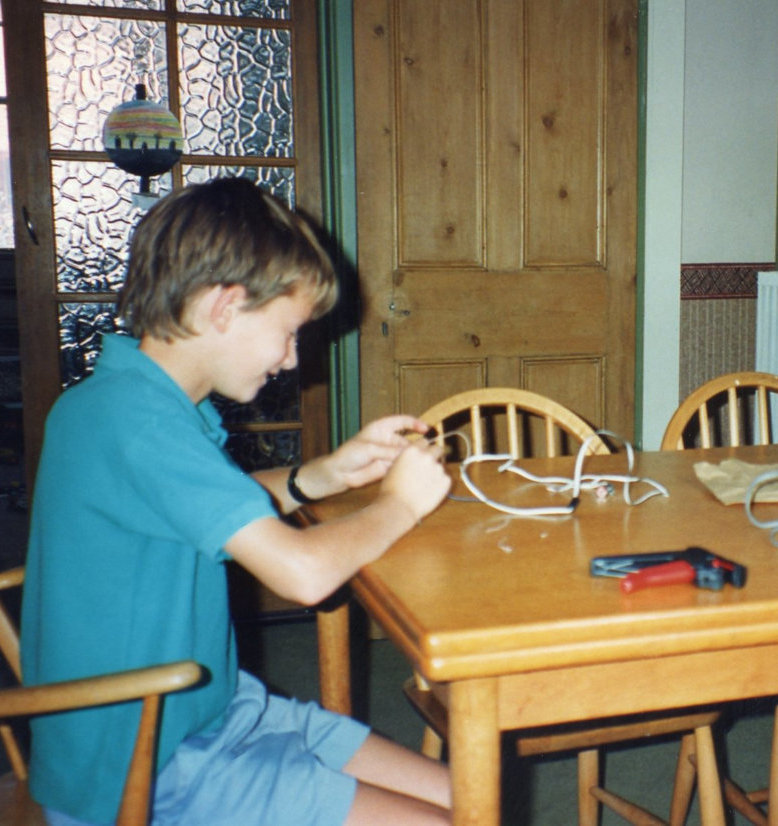
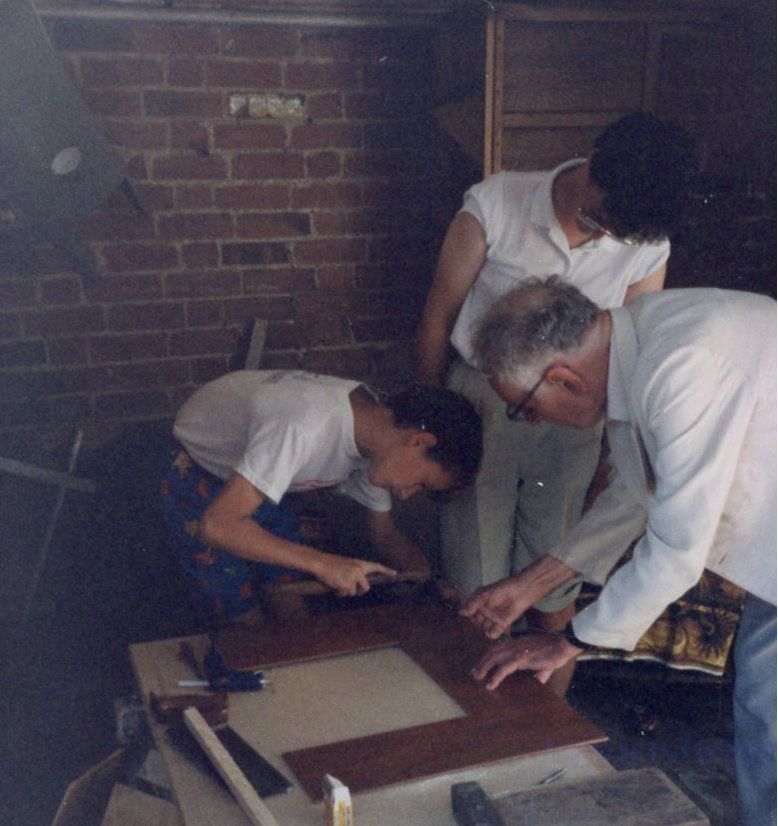
Inventing software as a teenager
Andy started DJing in his teens, and built software to manage his diary. “I always loved the idea of technology as a way of bringing people together and socialising”, he says. “It was all about spending more time enjoying life really”.
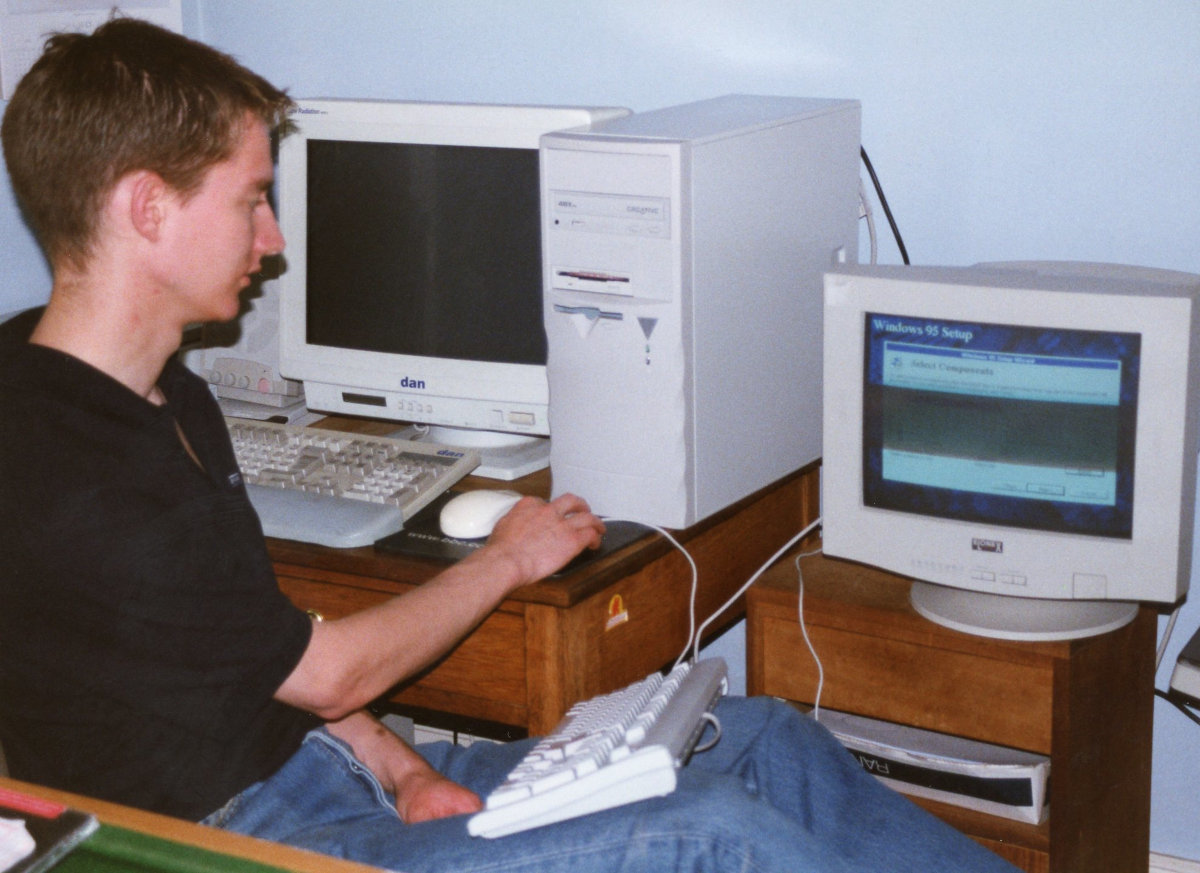
University and a precursor to Facebook
Andy did a degree in Computer and electronics in Salford in Manchester, which he finished with first-class honours. During this time in 2001, he invented some software to share photos of nights out. He borrowed one of the first digital cameras from a department. He then created and coded his own website, and would upload photos after events, using a lead from his camera to a computer in those days.
Back then, images like this were hard to come by. “I knew it was popular as people would always look at the photos the next day, I could see the numbers of visits to the website. It was great fun inventing a software programme that people really enjoyed”.
The Royal Navy
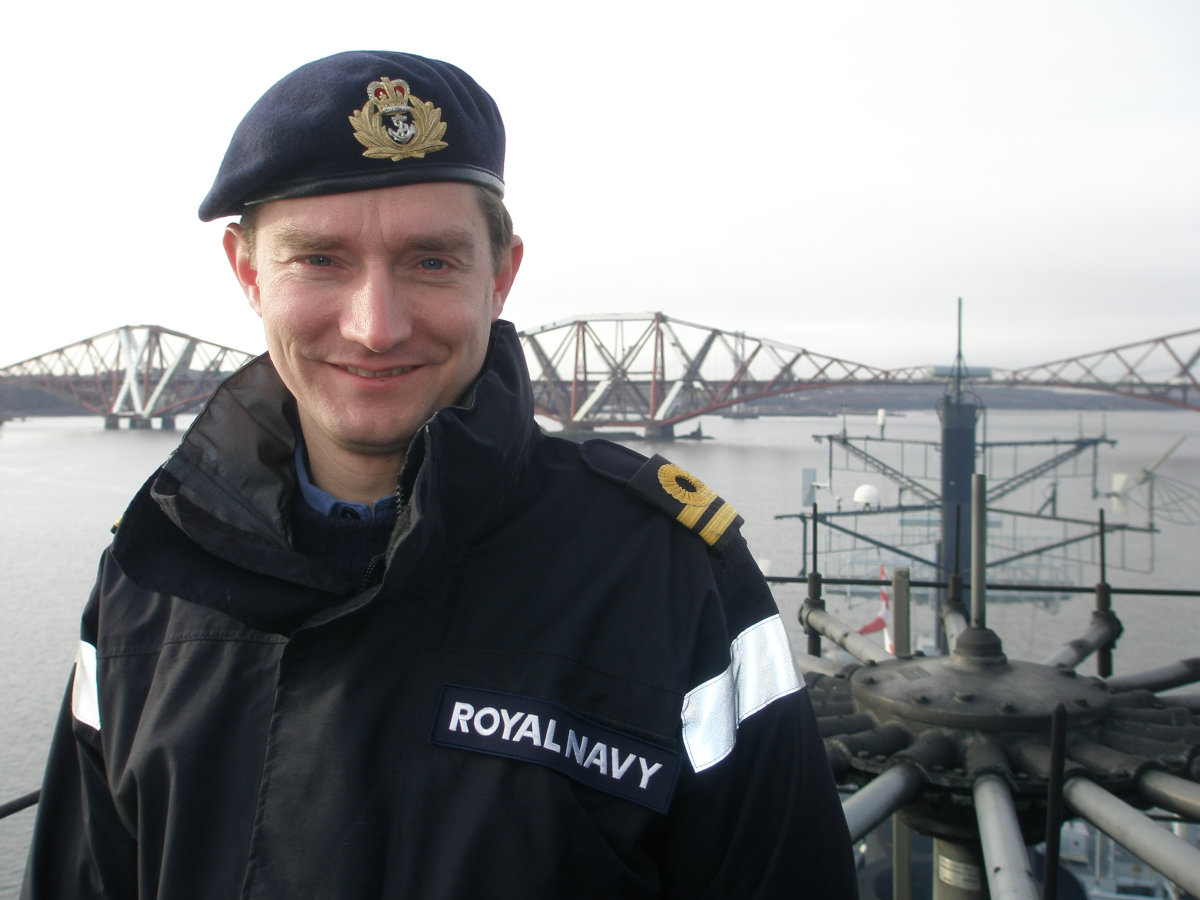
After university, Andy spent the first decade of his career as an engineering officer in the Royal Navy. In 2007, he got the role he’d always dreamed of, as Head of IT on HMS Illustrious, one of the Navy’s flagship aircraft carriers, and he held this role for 3 years.
HMS Illustrious was a huge 22,000 tonne floating airport, with between 600 and 1200 people on board. Aircraft would take off and land on the huge strip, and it sailed around the world.
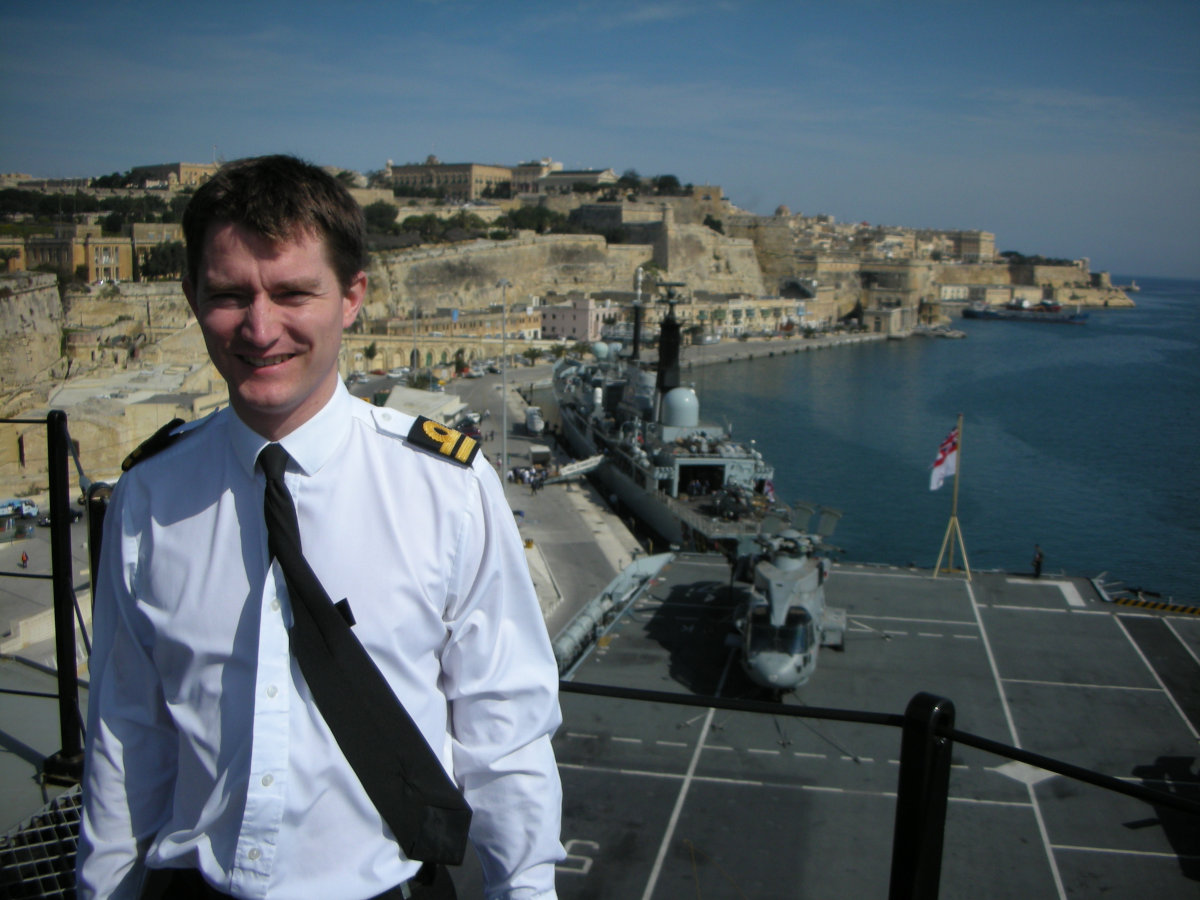
Whilst on board, Andy travelled to the United States, the Mediterranean, to the Baltic, and the Middle East. “Often you’d be in the middle of the ocean and you couldn’t see anything for miles- it was really quite something” says Andy.

But it wasn’t all relaxing and calm. As head of IT, there was often an important problem to solve. “If for any reason the internet went down you’d know about it. Once there was a problem with the server, and nobody could email on or off the ship for 5 days, so we worked around the clock to fix that” says Andy. “Satellites were not always 100% reliable too. Certainly people let us know when there was a problem, especially if they couldn’t email their families, because that could cause worry at home. We certainly worked hard to fix problems as they came up”.
There was an extra challenge, because there wasn’t one room for the computers and servers. “They were all over the ship” explains Andy, “often bolted down too so they didn’t slide about when it got stormy. There were over 1000 compartments so it was a bit of maze. If you left a laptop somewhere you couldn’t remember, you’d be unlikely to find it again. We had a lot of maps”.

It was important to let off steam, and Andy and his fellow sailors would use the flight deck where helicopters landed to play hockey. They’d make pucks out of newspaper with tape wrapped around it. “It was good fun” said Andy. “Apart from when the pucks went off the side into the sea”.
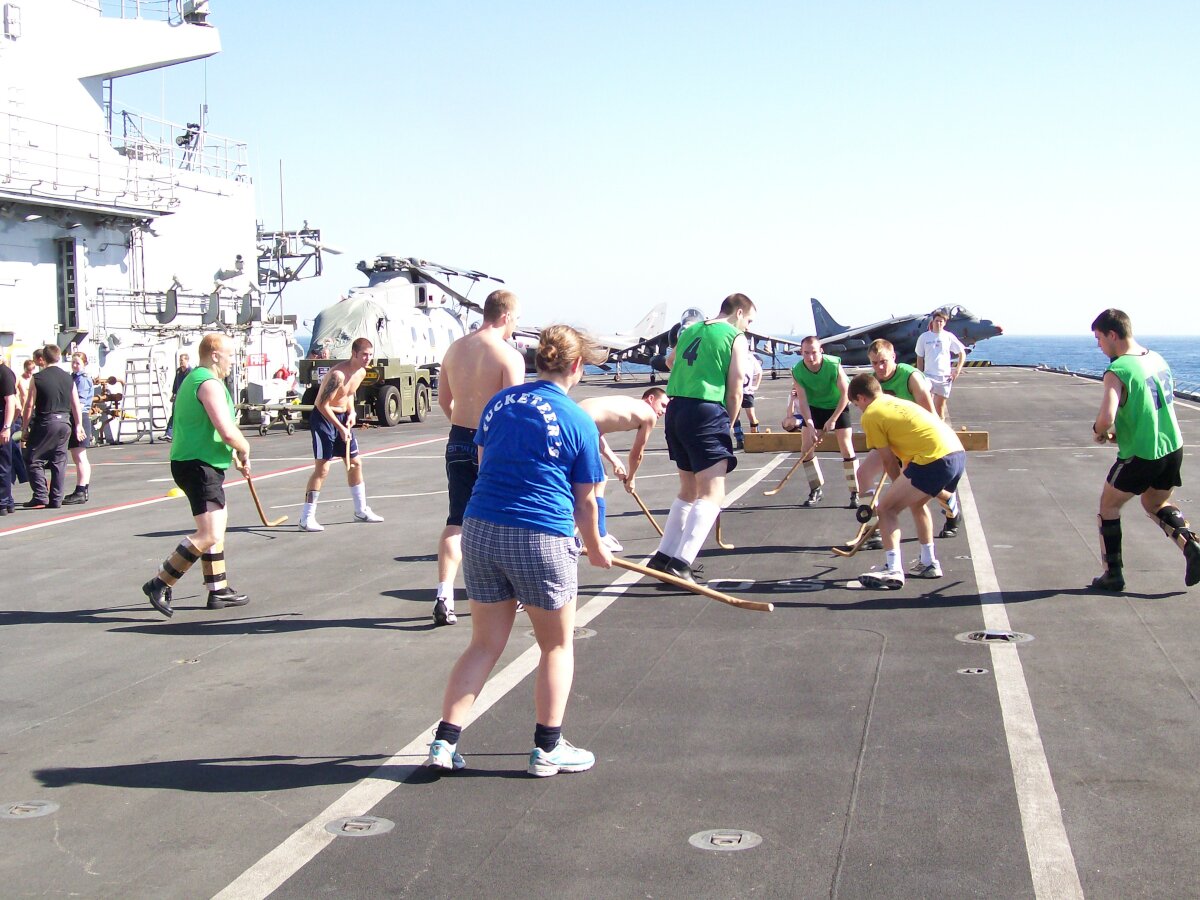
Andy found that when he took up the role, the IT requests were a bit chaotic, so he invented some software to deal with it - essentially a ticketing system for requests.
Post Navy and the birth of LinkSpace
Andy got a reputation in The Navy as someone who could solve practically any tech problem that arose, and one of his superiors on HMS Illustrious called him when they were both working back on land. He had an issue in the Ministry of Defence (MOD) and wanted to know if Andy had the answer.
The MOD kept a record of defence engagement events around the world - that’s non-operational events, such as training and military exercises, and this information was stored in a big spreadsheet. Because it wasn’t very secure, only one member of staff was permitted to access it.
Andy researched if there was software that enabled a lot of people to work with data in a way that was very secure. He couldn’t find anything to recommend, and realised there was a gap in the market, so created and developed LinkSpace. It was soon on the G-Cloud framework, and could be procured in the public sector. It’s since been adopted by the MOD and a number of departments in the Ministry of Justice.
In the summer of 2024, Andy was shortlisted for a president’s award at Tech UK. “It’s nice that the work we do here at Ctrl O has been highlighted” says Andy. “We hear about these unicorns, these success stories of companies with billions of dollars and sharp growth. But sometimes I think it’s good to hear about a micro SME (small to medium enterprise) with steady growth, a good product and a happy team. That’s what I’m interested in”.
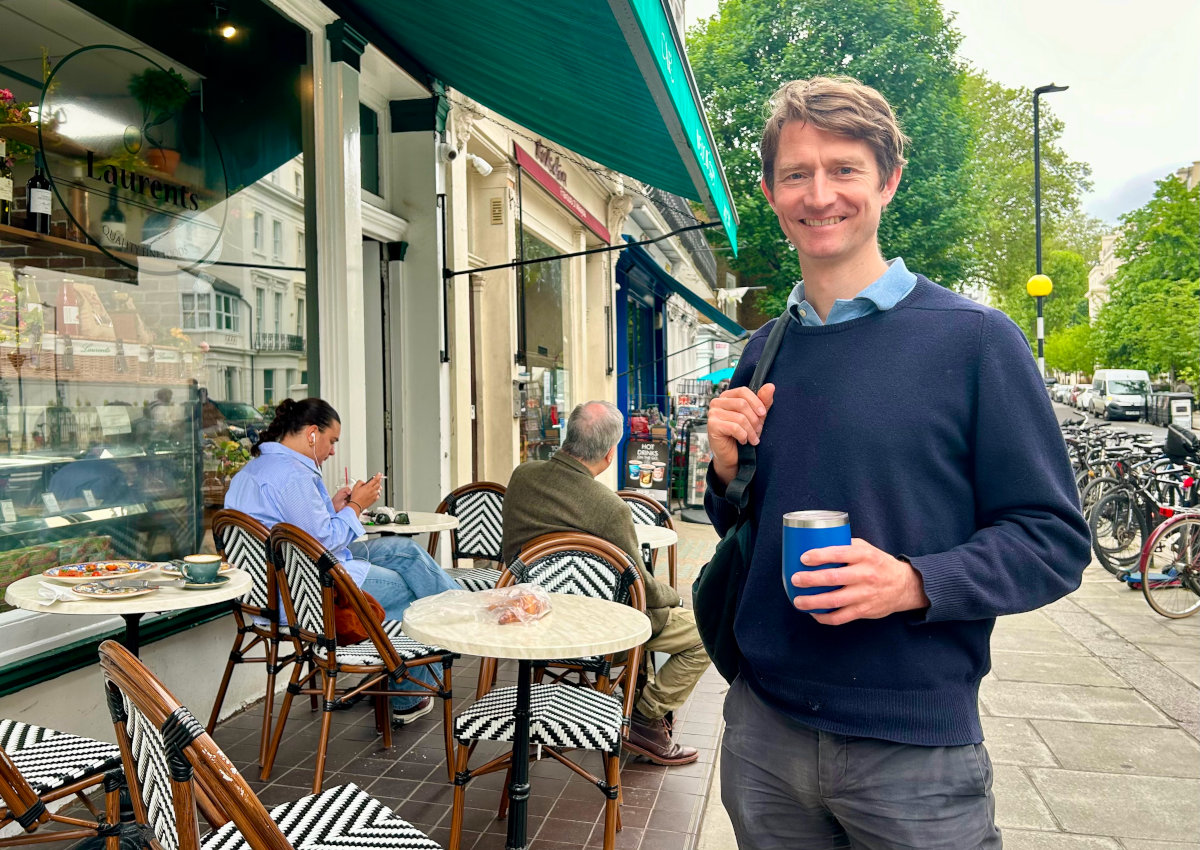

You can read more about what LinkSpace does here and get in touch with us here.


